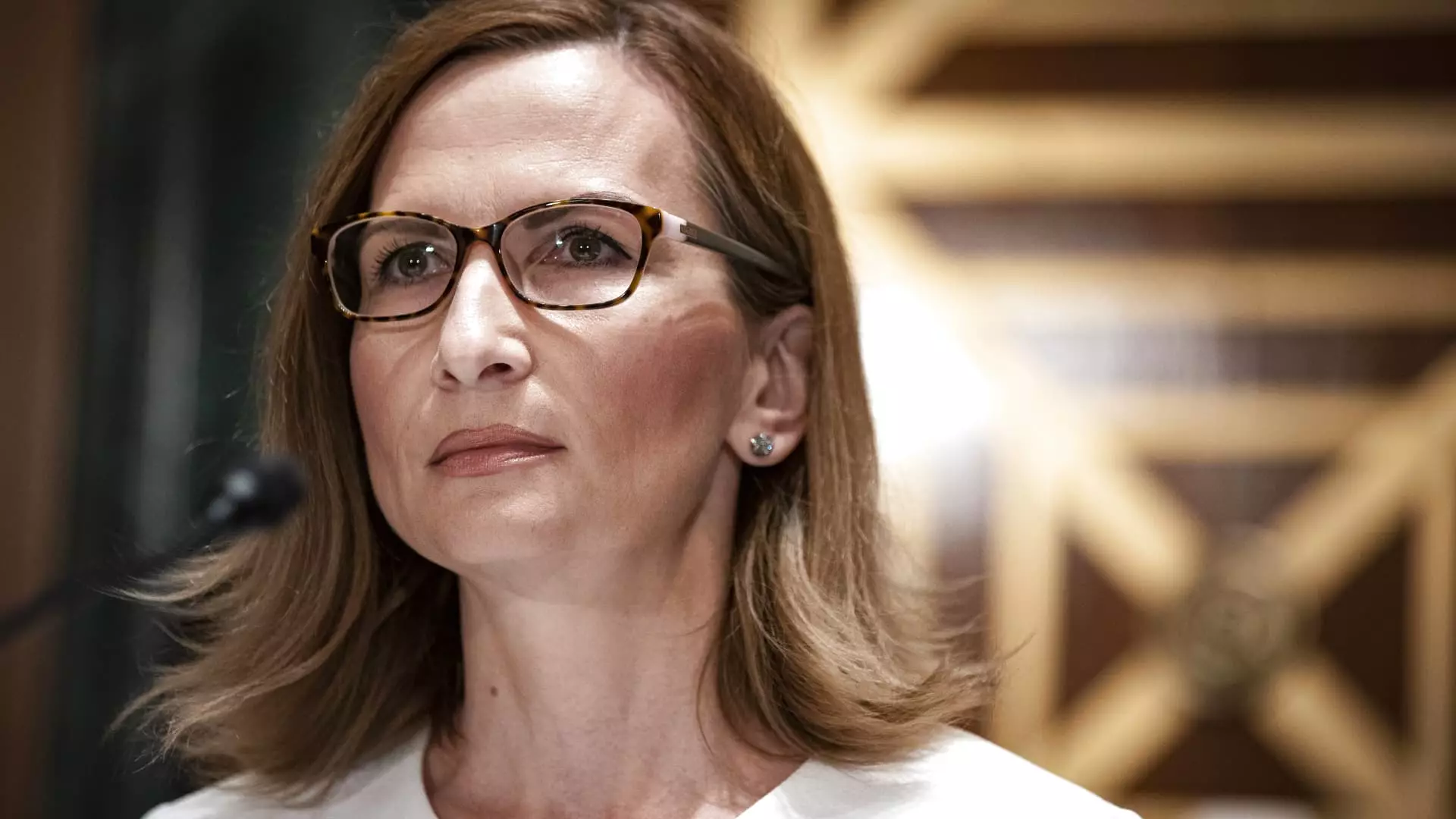The news of an $85 million shortfall between what partner banks of Synapse are holding and what depositors are owed has sent shockwaves throughout the fintech sector. Customers who trusted fintech firms that utilized Synapse to connect with banks are now facing the harsh reality that their balances may not be as secure as they once thought. This revelation has brought to light the worst meltdown in the U.S. fintech industry since its inception after the 2008 financial crisis.
According to trustee Jelena McWilliams, customers of fintech companies had a total of $265 million in account balances, but the banks only had $180 million associated with those accounts. As investigations continue, accusations of improperly moving balances and discrepancies in financial records have been hurled back and forth between Synapse and its partners. The situation has escalated to the point where more than 100,000 customers find themselves locked out of their savings accounts after Synapse’s failure.
Since taking on the role of trustee, McWilliams has collaborated with four banks – Evolve, American Bank, AMG National Trust, and Lineage Bank – to reconcile their ledgers and restore customer access to funds. However, the complexity of the situation is evident, with McWilliams citing a lack of clarity on how Synapse’s brokerage and lending business influenced fund flows. The practice of commingling funds among multiple institutions has further complicated matters, leaving the fate of the missing funds unknown.
Challenges Faced by the Trustee
McWilliams faces an uphill battle in her efforts to navigate through the labyrinth of financial confusion left behind by Synapse. With no funds available to hire external forensics firms or enlist the help of former Synapse employees, her task becomes even more daunting. Despite the challenges, some customers with demand deposit accounts have started regaining access to their funds, while others with FBO accounts face a longer waiting period for resolution.
Options for Resolution
In her report, McWilliams presents various options to Judge Martin Barash for consideration at a pivotal hearing. These options include paying some customers in full while delaying payments to others based on the status of their FBO accounts. Another approach involves distributing the shortfall evenly among all customers to provide limited funds sooner. McWilliams recommends partial payments to FBO customers to alleviate their current predicament while setting aside reserves for future disbursements.
The Path Forward
As the public hearing commences, uncertainties loom over the potential outcomes of the case. Judge Barash acknowledges the unprecedented nature of the situation and expresses his uncertainty regarding the court’s role in resolving the crisis. While the desire for a swift resolution is evident, the legal boundaries and complexities surrounding the depositors’ funds raise questions about the efficacy of court intervention. Amidst the turmoil, the fate of Synapse’s customers hangs in the balance, awaiting a decision that could shape the future of the fintech industry.

